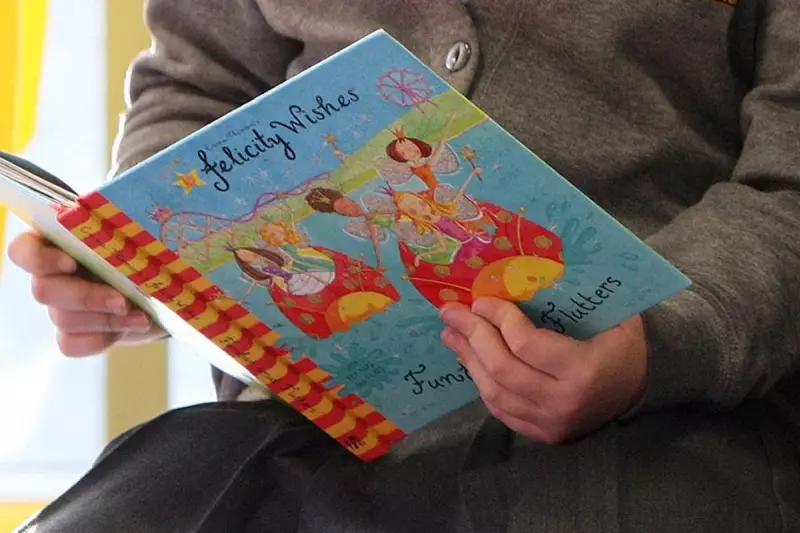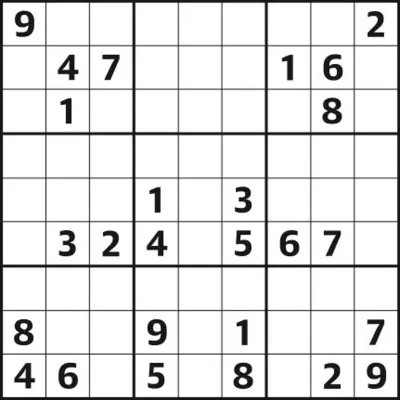
The Education Committee has launched a major parliamentary inquiry, sounding the alarm over a 'generational shift' away from children reading for pleasure.
An Alarming National Decline
Chairwoman Helen Hayes issued a stark warning, stating that the long-held view of reading for pleasure as essential for learning and understanding the world is under threat. "But right now, we appear to be witnessing a generational shift," she said.
The evidence supporting this claim is compelling. Research from the National Literacy Trust revealed that only one in three (33%) young people aged eight to 18 now read in their spare time. This figure has collapsed from 51% in 2005, representing a dramatic 36% fall, and marks the lowest level recorded in two decades.
The decline is also stark among younger children. The percentage of five-to-eight-year-olds who read daily for enjoyment has dropped by 9.1 percentage points since 2019. The survey also highlighted a widening gender gap, with girls being more likely than boys to read for pleasure daily.
The Inquiry's Scope and Goals
The cross-party committee of MPs will investigate the complex reasons behind this decline and seek actionable solutions to reverse it. The investigation will scrutinise the relationship between falling reading rates and other factors, including children's mental health and their screen time.
"The Education Committee wants to understand the forces at play and what the consequences could be for children’s lives," Ms Hayes stated. "Crucially, we will look across the academic space, and at good practice in schools and communities, for solutions."
A key focus will be on how promoting reading can help close the attainment gap for disadvantaged children and those with special educational needs and disabilities (SEND).
Seeking Evidence and Future Action
The committee has officially opened a call for evidence, inviting submissions from experts and academics. This consultation period will close on 9 January.
Following the inquiry, the committee will publish a set of recommendations for the Government on how to improve the situation. This parliamentary action coincides with the Government's own plan to introduce a new statutory reading test for Year 8 pupils to identify problems early.
The concern over screen time is further supported by international research. A recent study led by experts from The Hospital for Sick Children in Toronto suggested that primary school children who spend excessive time on screens perform worse in reading and maths tests.





